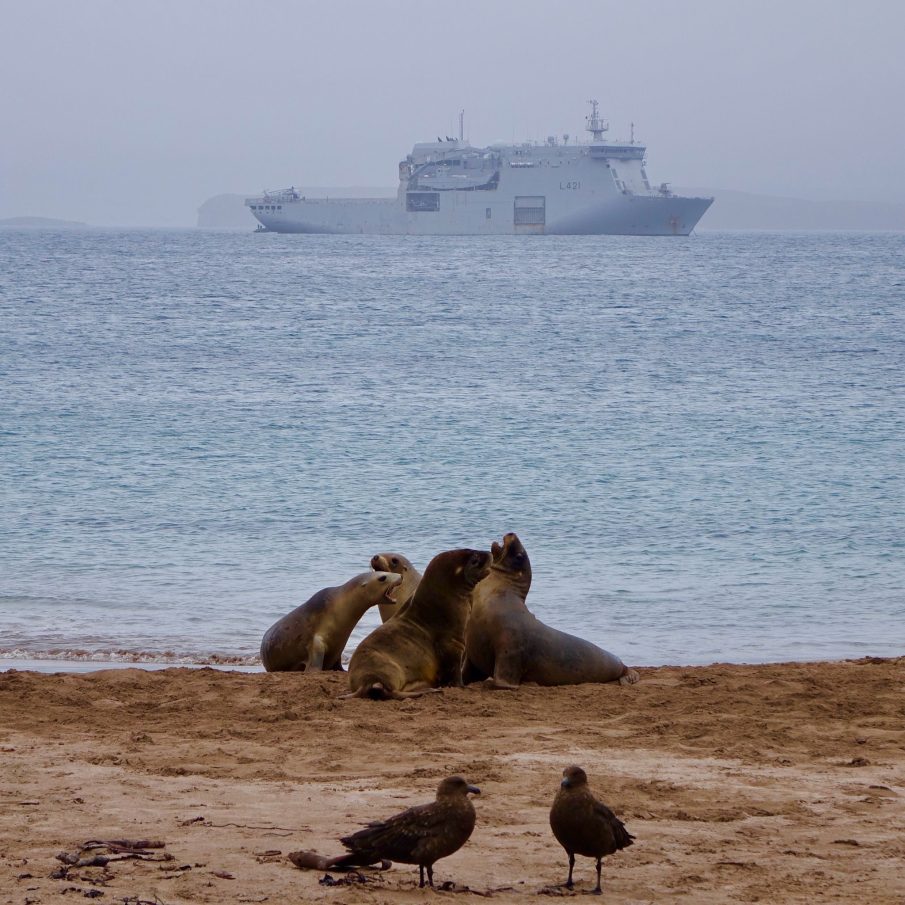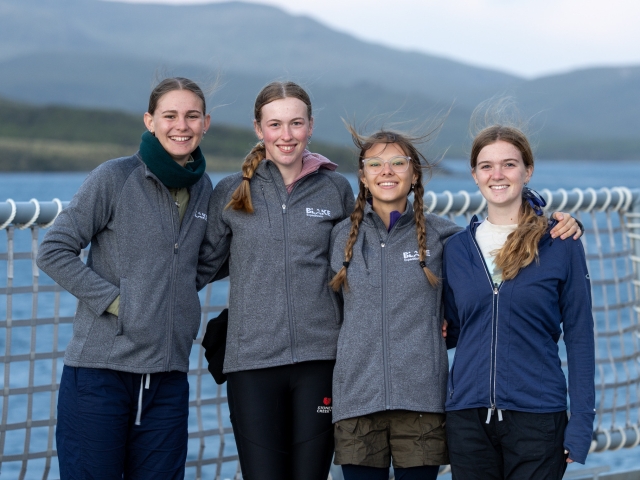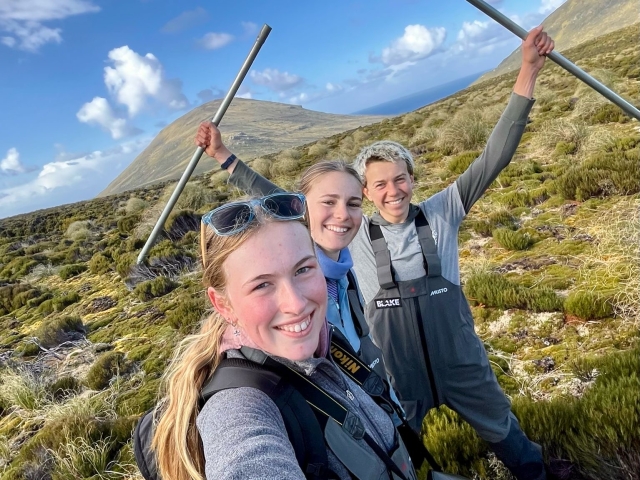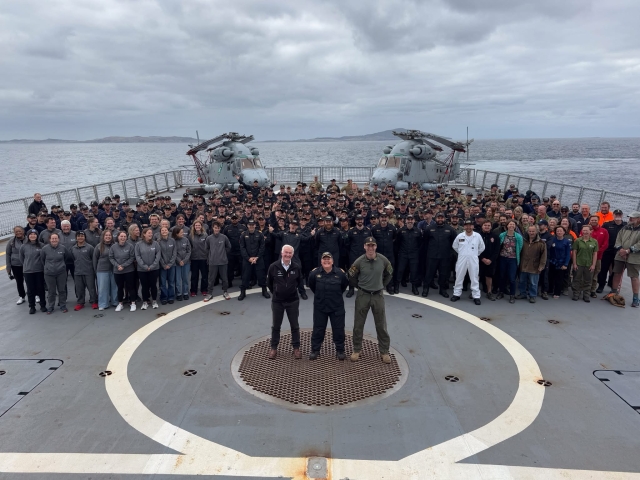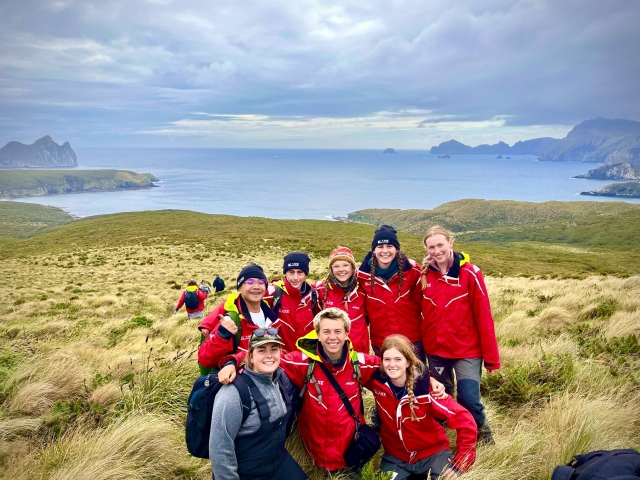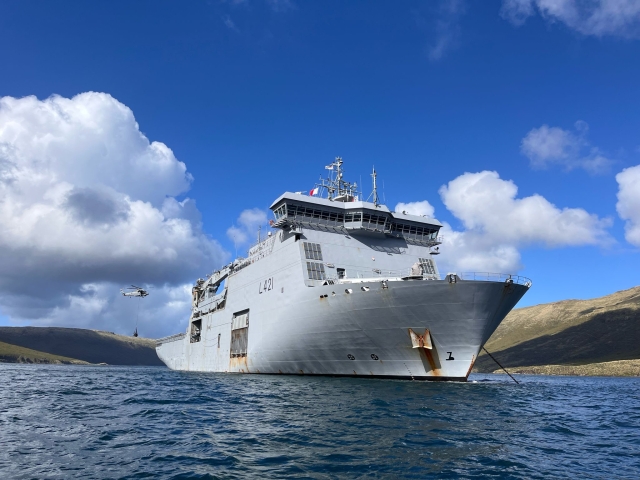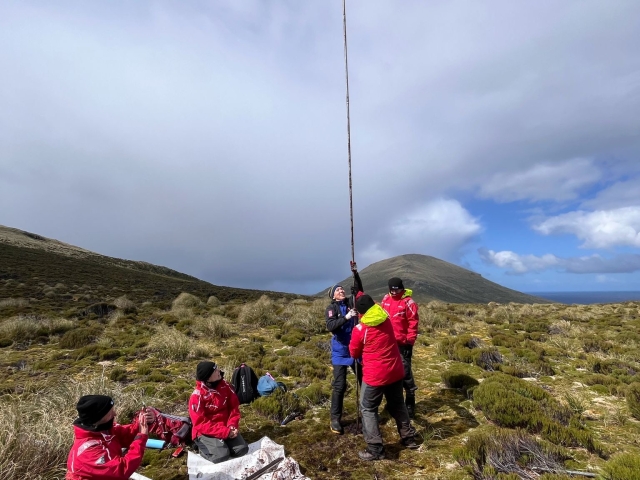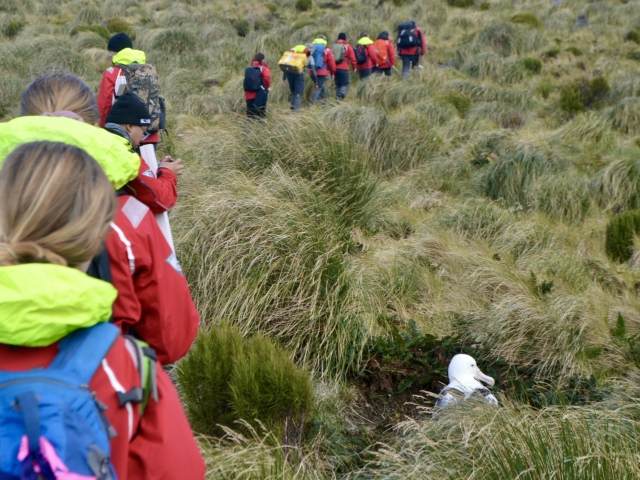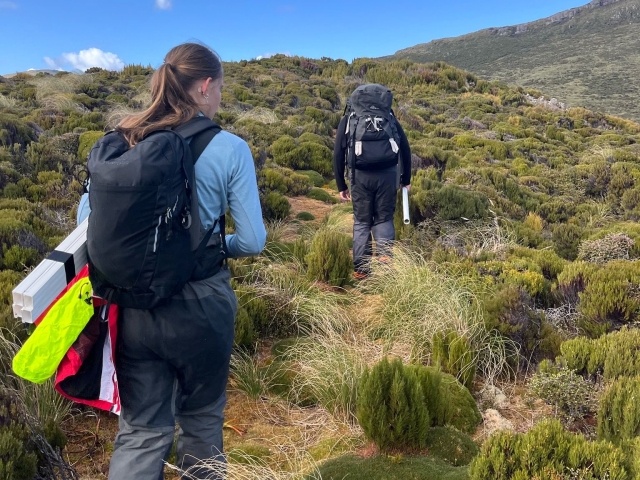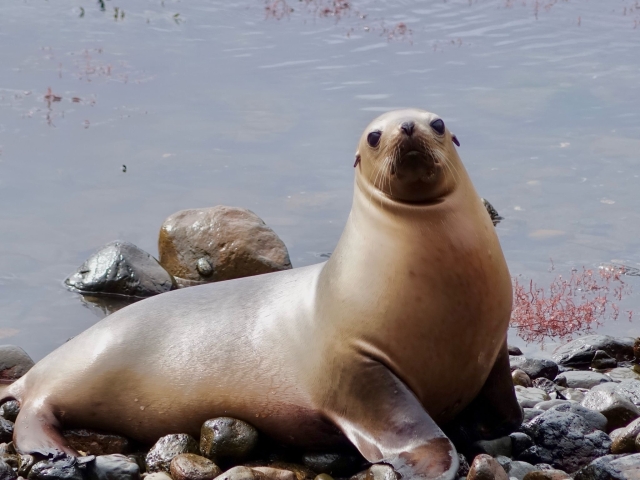I have had the privilege of joining the 2025 BLAKE Expedition to the Sub-Antarctic Islands – an experience that has changed how I see the world. Alongside a team of scientists, conservationists, and like-minded students, I explored the breathtaking landscapes of the Auckland and Campbell Islands, some of the most remote and ecologically significant places on Earth.
This expedition was a collaboration between different groups, each with a vital role in protecting and understanding these fragile ecosystems. The Royal New Zealand Navy, Air Force, and Army provided the transport and protection that made our journey possible.
At the same time, the Department of Conservation focused on pest monitoring and hands-on conservation efforts. Ngāi Tahu representatives explored the potential of native botanical resources as a commercial solution to sustain pest control funding.
The Defence Force Science and Technology team tested life-saving devices that use satellite technology to locate people lost at sea. Meanwhile, our scientific research covered a range of crucial environmental studies.
We worked on dating glaciation on Campbell Island by peat coring and sampling rocks for chlorine-36, an isotope formed by radiation exposure, which helps figure out whether an area has been ice-covered in recent history (our past climate is the biggest tool we have to predict our future!). We studied kelp diseases using environmental DNA (eDNA) to understand potential climate change impacts, surveyed invertebrates such as weevils and springtails, and gathered data on megaherbs—unique, oversized plants that thrive in extreme conditions.
One of the most unforgettable moments of the expedition was standing at the top of one of Campbell Island’s many mountains, helping GNS scientist Greer Gilmer collect peat to be carbon-dated, looking south and knowing there was nothing between me and Antarctica. No civilisation in sight—just the vast, endless ocean stretching into the distance. Right beside me, an albatross sat with its chick, completely unbothered by us. The scale of it all was overwhelming—I had never felt so small yet so connected to the world around me.
This journey also surprised me in many ways. Despite the seasickness, I absolutely loved ‘navy life’ and being on the ship—it gave me a whole new appreciation for our defence forces and a love for the HMNZS Canterbury, which quickly became my home away from home. But more than that, the experience changed how I think about conservation.
Before this trip, I often felt overwhelmed by the scale of environmental challenges, but now I have hope. I’ve seen something truly worth fighting for and realised that conservation isn’t just about distant policies or complex scientific concepts—it’s about real places and real action. Being given this opportunity made me understand that I wasn’t just learning – I was contributing.
Young people should have the chance to take environmental responsibility, to be part of these efforts, and to know that their actions matter – the Sir Peter Blake Trust has changed my life in this exact way. I urge all members of the Westlake community to check out the programs that Blake offers. My relationship with Blake started with the Blake Inspire residential camp (Year 11 -13), and for teachers, the Blake Teachers’ Inspire camp applications are now open as well!
By Rosa Morris, Y12


